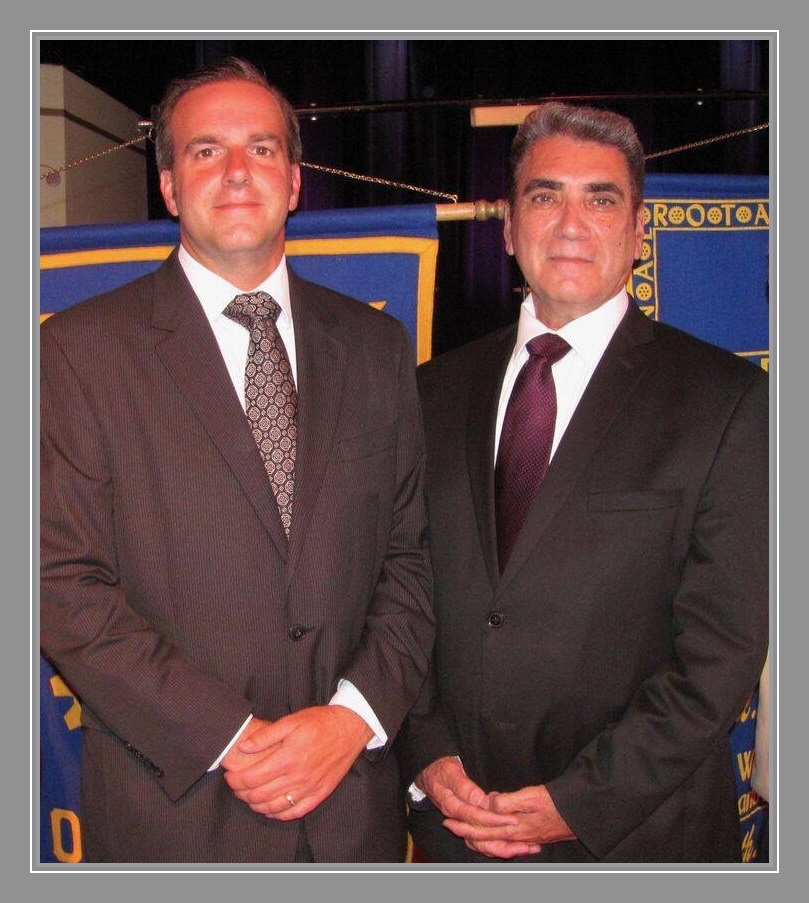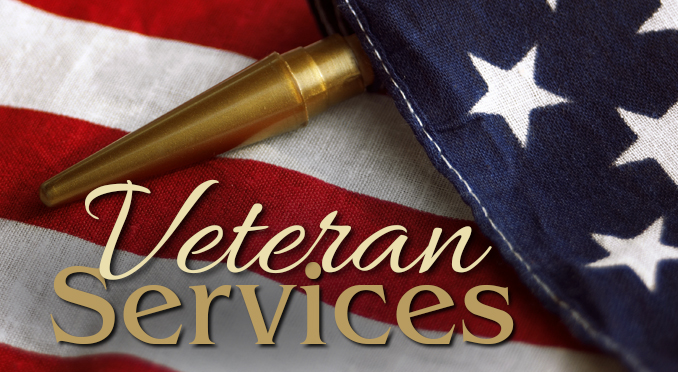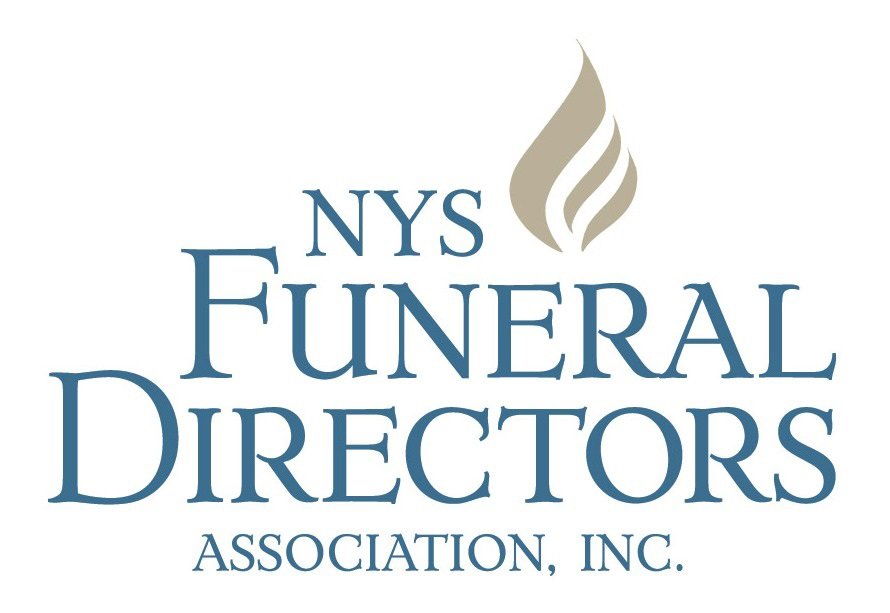When Death Occurs
No matter if a death is sudden, or if it something that was a long time coming, the loss of a loved one makes us feel emotional and overwhelmed. No amount of preparation can fully prepare you for the loss of a loved one. When you are in a heightened emotional state, even the most basic decisions can seem staggering. The following is a rough guideline of what needs to be done within the first 24 hours after death.
When a death occurs at home
If the person was not under hospice care and died at home, call 911. This is considered an "unattended death" and will need to be investigated. The police and paramedics will be dispatched and will place a call to the coroner/medical examiner. At that time, the coroner/medical examiner may arrange to transport the decedent to the medical examiners office where an autopsy or further testing may be performed to determine the cause of death. If the person had a severe medical condition and their physician is willing to sign a death certificate, the deceased could be released into the care of the funeral home. This is determined by the police, coroner/medical examiner and primary care physician. The coroner/medical examiner must authorize the release of the body before a funeral home can remove the deceased into their care. If the death appears to be natural and the decedent had a severe medical condition along with a D.N.R. order, you can request 911 to make a non-emergency response. They should arrive to the home in a quiet manner without their emergency lights and sirens. If the person was under hospice care, contact the hospice nurse immediately. They will come to the home, make an official pronouncement of death and contact the primary care physician to be sure the doctor will sign the death certificate.The hospice nurse will call the funeral home and once the family has had their time and is ready for us, we would arrive shortly thereafter.
When a death occurs at a hospital/nursing home/hospice facility
The staff of a care facility such as a hospital or a nursing home will notify you and the necessary authorities immediately after a death has occurred. If a funeral home has been provided to the hospital or nursing home, they will be notified at the time of death. If you are present at the hospital when the funeral director arrives, they will ask a few questions about the deceased wishes and set up a time to come into the funeral home to make arrangements, however, if you are not present a funeral director will contact you by telephone to discuss these arrangements. You may call the funeral home at anytime to notify us of a death.
Informing a Funeral Director
Once everything has been cleared with the proper authorities, the next call you place should be to a licensed funeral director. Funeral directors are here to help you obtain a death certificate, transport the body, and in the event pre-planning was not done, select a casket/urn and arrange the funeral/memorial service. The funeral director will also help you notify the employer and insurance company of the deceased to assist with those arrangements. Funeral directors are here to help and advise you and will work very hard to relieve the stress and logistics involved in funeral planning.
Meeting a Funeral Director
You should meet with a funeral director within 24 hours of a death to begin to make final arrangements for your loved one. Deciding on these final arrangements may seem like a very daunting task, especially when you are in heightened emotional state, but, funeral home staff have years of experience dealing with these issues, and strive to ensure everything goes as smoothly as possible.
Making Arrangements
First the Funeral Director will gather information required for the death certificate. This includes:
- Full Name and Address
- Marital Status
- Race/Ethnicity
- Date and City of Birth
- Highest Level of Education
- Father’s Name, Mother’s Name (including maiden name)
- Name of Spouse (if married or widowed)
- Occupation and Employer
The funeral director will also need pertinent documents required to do all the legal paperwork, those documents include:
- Life Insurance Policies
- Birth certificates
- Cemetery deeds
- Social Security Card
- Veterans discharge pagers (DD214)
If no pre-planning has been done, necessary arrangements need to be made for the funeral service. These include:
- Scheduling the location, date and time of the visitation and funeral service
- Selecting burial or cremation
- Choosing funeral merchandise
- Arranging a cemetery plot
- Preparing an obituary notice
We will guide you through all these steps, using your wants, needs and desires as a foundation to create a memorable funeral for your loved one. From here the funeral services can be personalized. Did your loved one have a favorite sports team? What was their favorite type of music? What activity was your loved one known best for? Recalling fond memories assists with the grieving process and will help honor the life of your loved one.
Deceased veterans of the U.S. Armed Forces are entitled to several benefits and honors from the government. Allow us to complete the forms to receive the honors they so rightly deserve.
> LEARN MORE
Our local florists are committed to offering only the finest floral arrangements backed by their professionalism and prompt service.
> LEARN MORE

We invite you to contact us at any time if you have questions, comments or concerns.We are here to assist you in anyway we can.





